While women remain significantly underrepresented in government, there is at least one adjacent field in which they have achieved gender parity in leadership: the universe of democracy reform and bridge-building organizations.
In its 2021 Diversity Report, the Bridge Alliance found that half of the executives leading its 100 member organizations are women. (Disclosure: The Fulcrum is a program within the Bridge Alliance, which brings together organizations working toward a healthy democracy.)
To mark Women’s History Month, The Fulcrum is spotlighting just some of the women leading these organizations.
Jackie Salit
President, IndependentVoting.org
"I’m honored to be included in this group of caring and accomplished women. For me, a key to healthy self-governance is what we mean by the word 'self.' Women, generally more than men, see the 'self' in more social terms. And so the processes we create can (hopefully!) develop that sense of community."
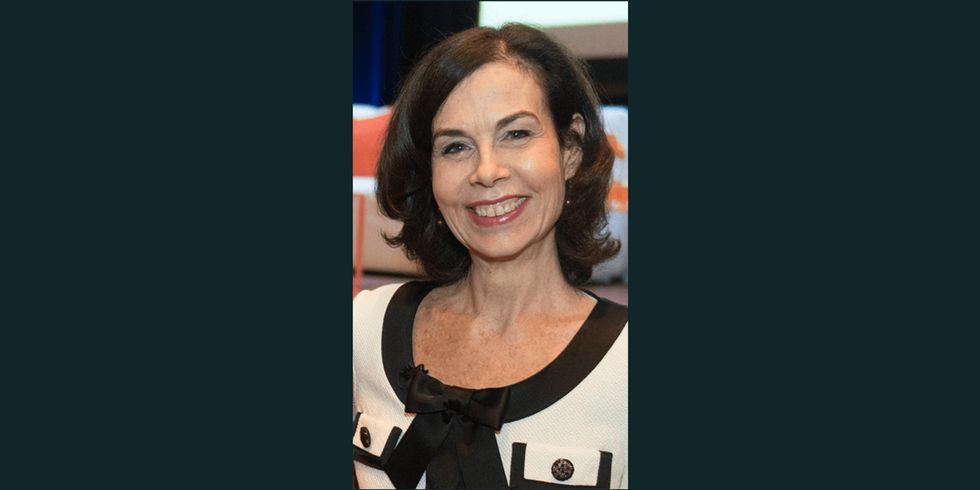
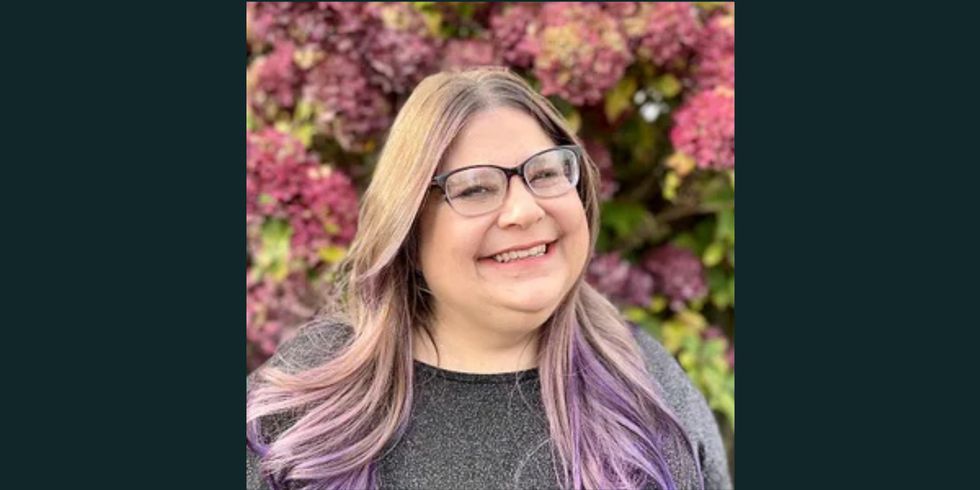

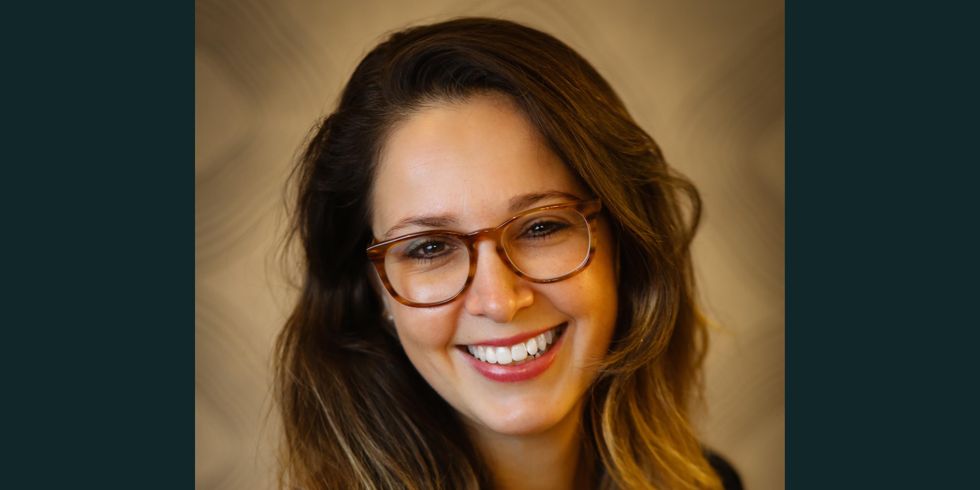
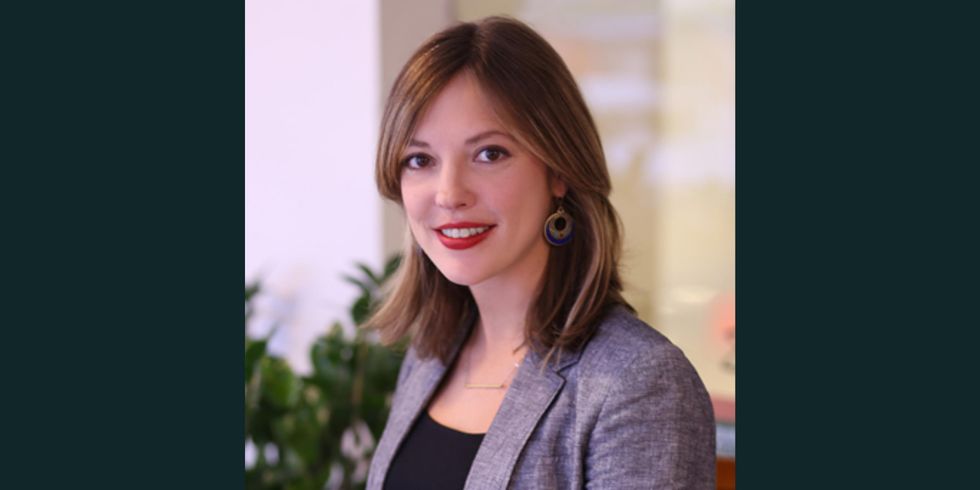
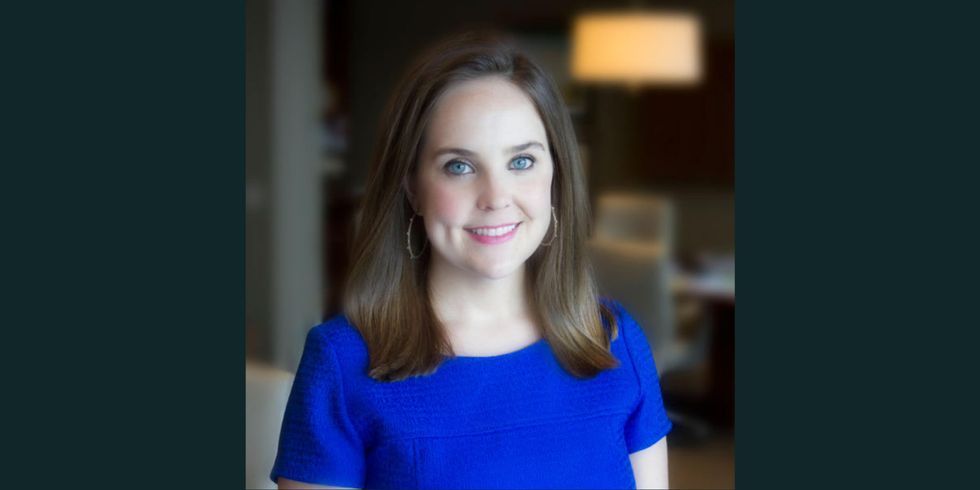
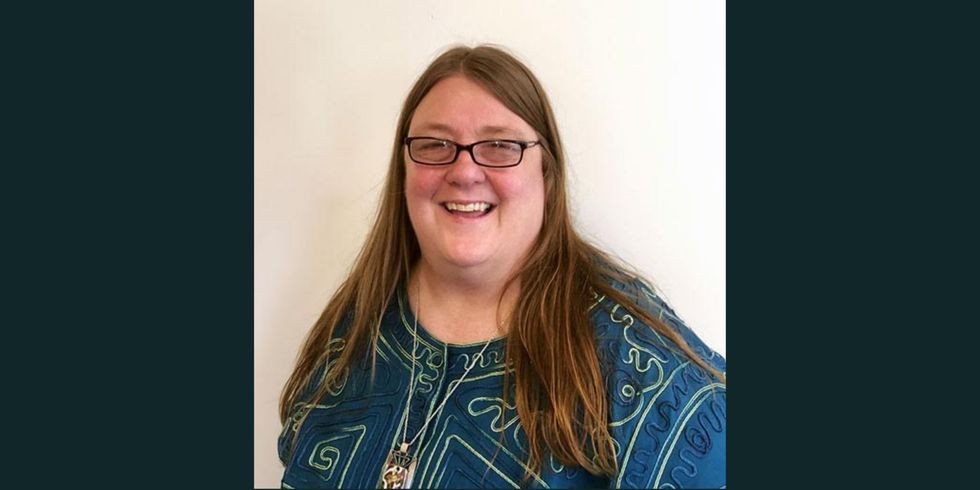
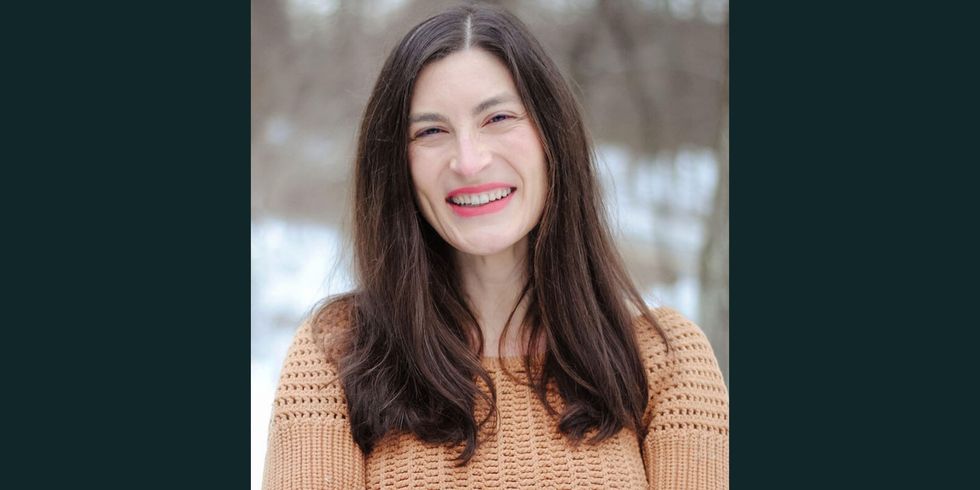
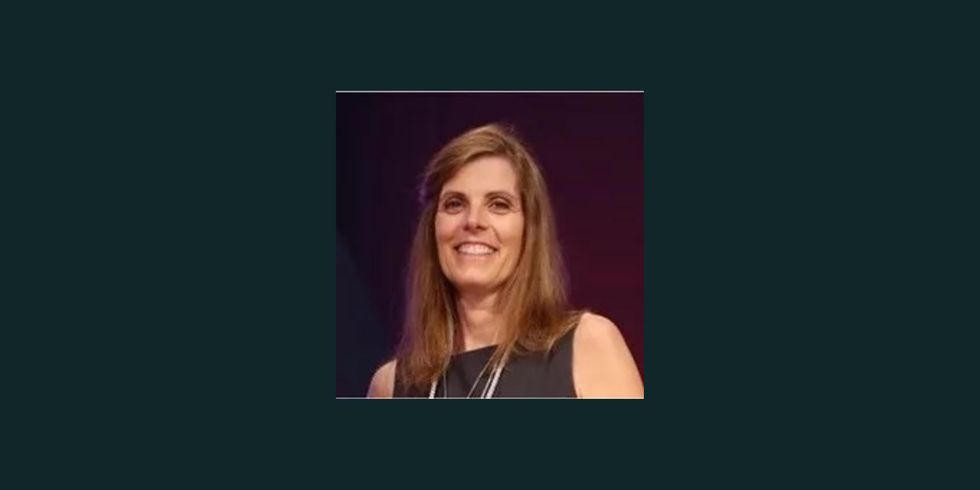
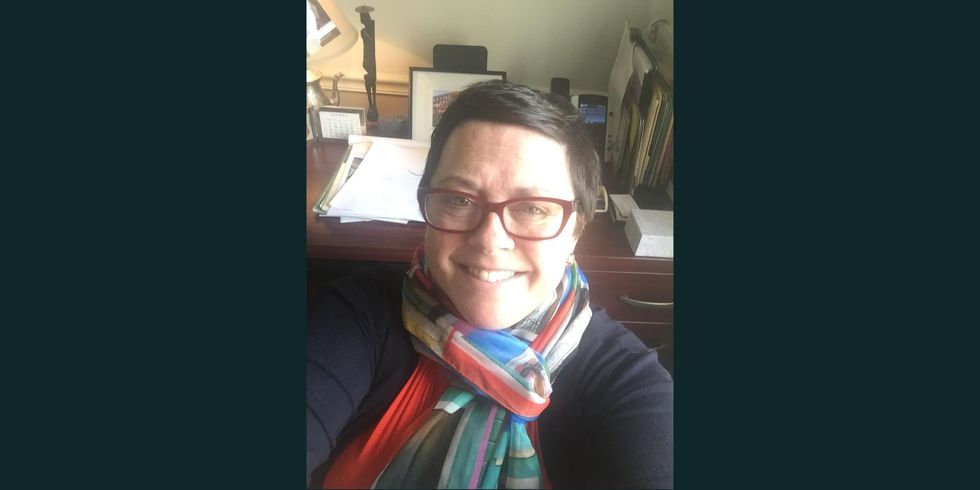
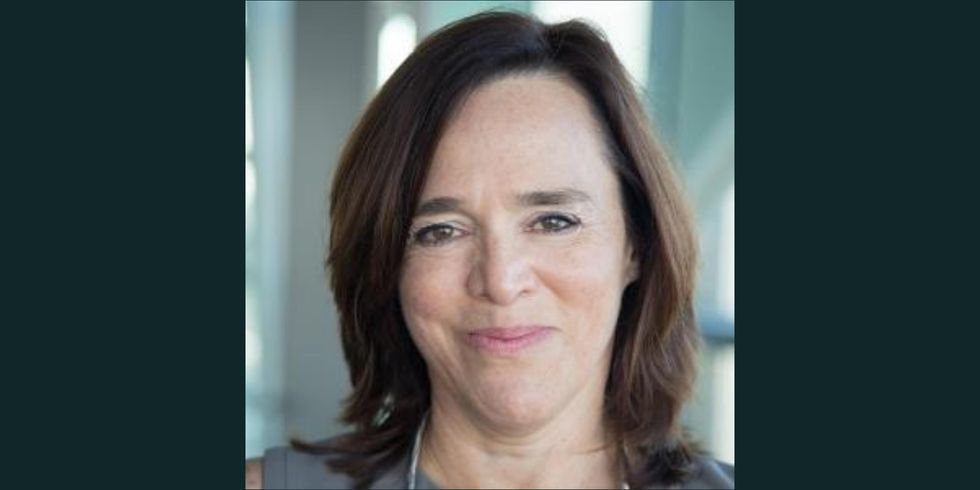
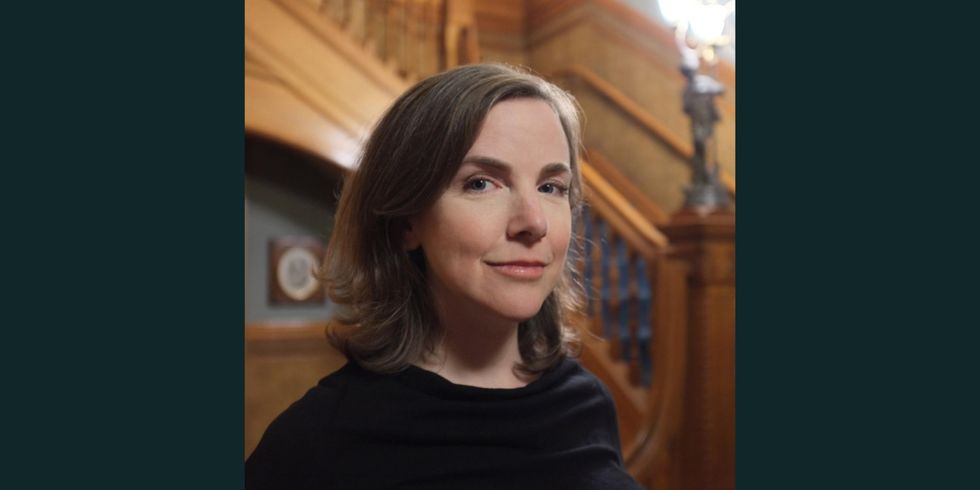
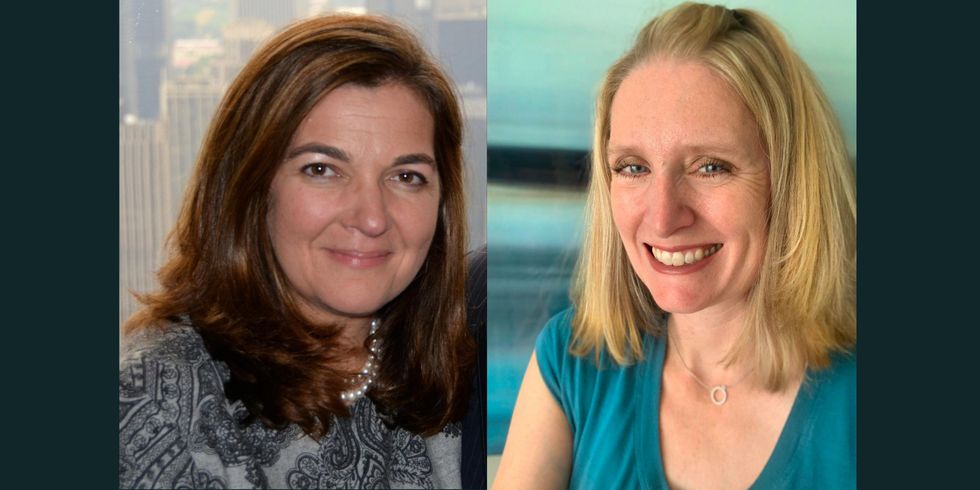
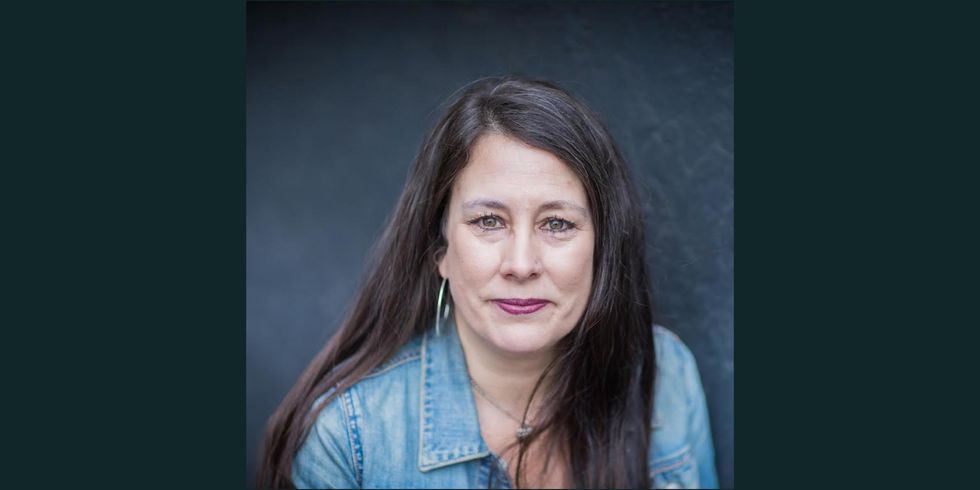





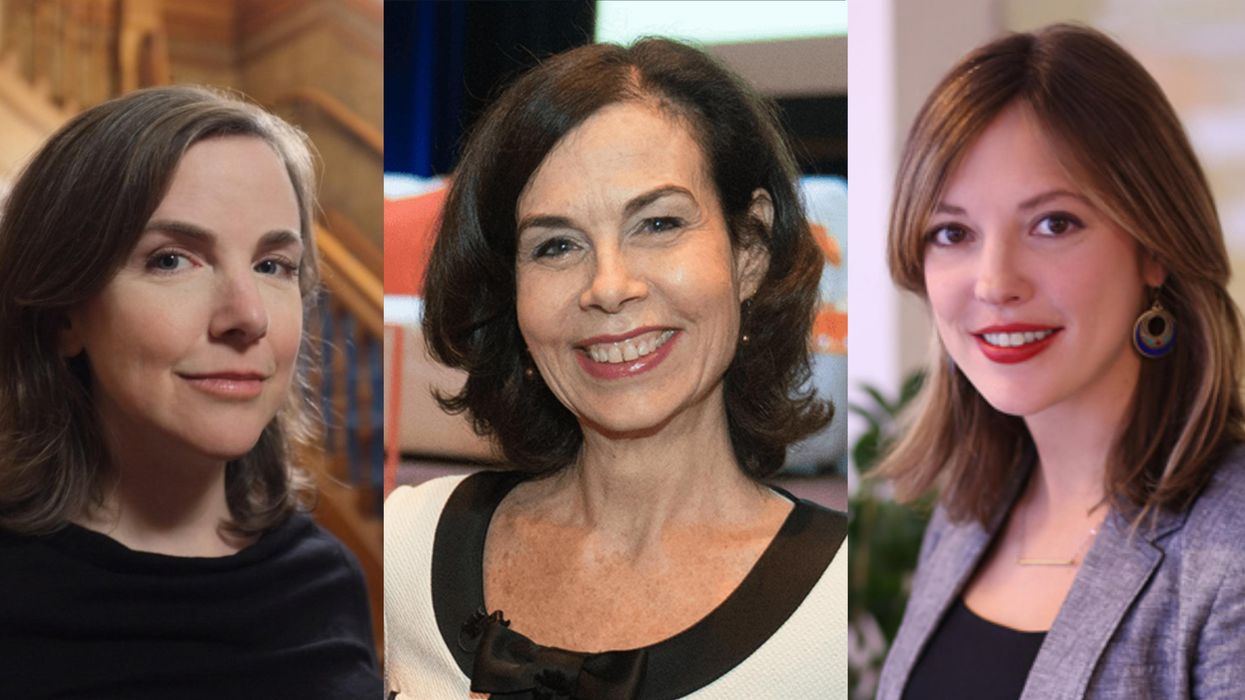













Trump & Hegseth gave Mark Kelly a huge 2028 gift